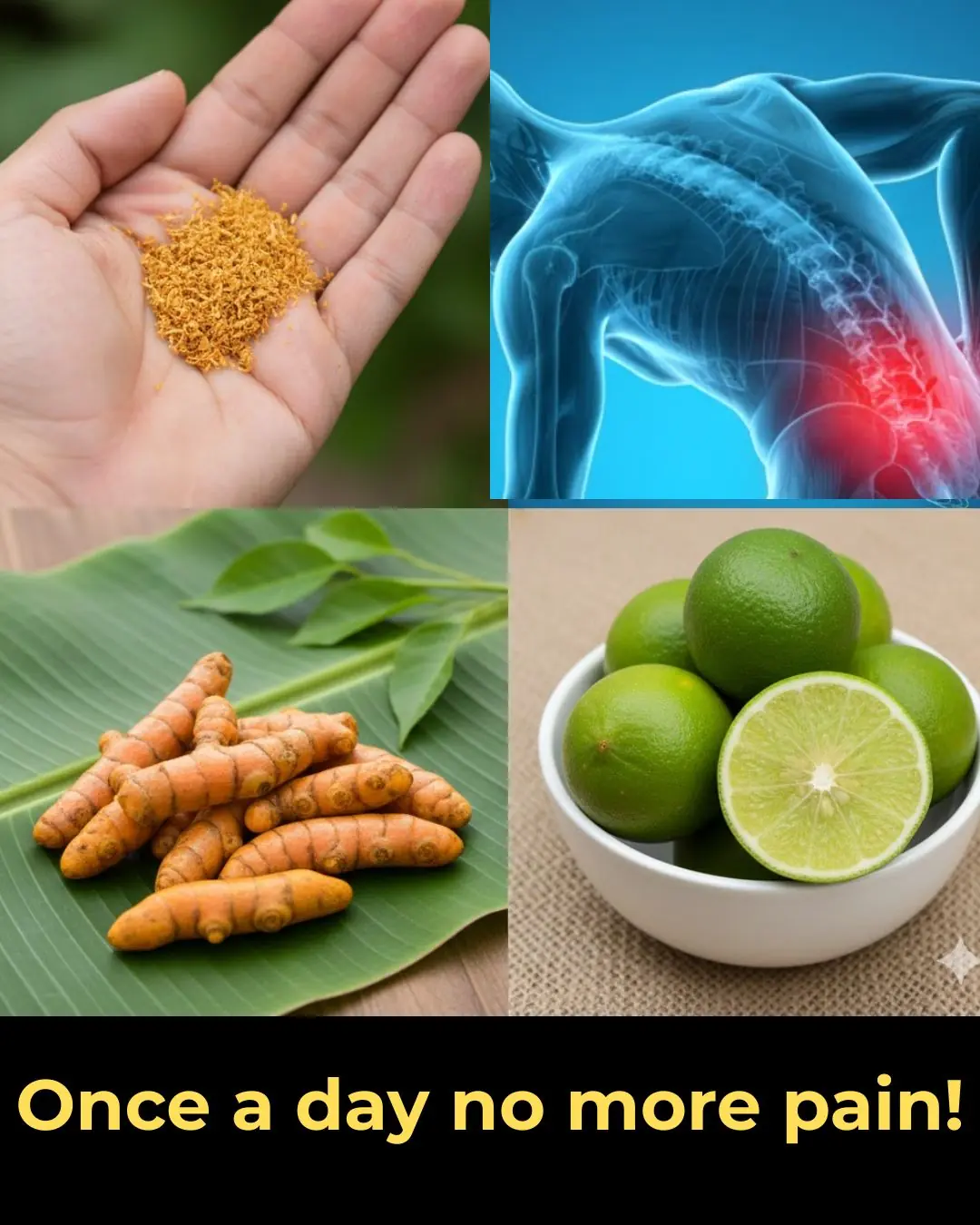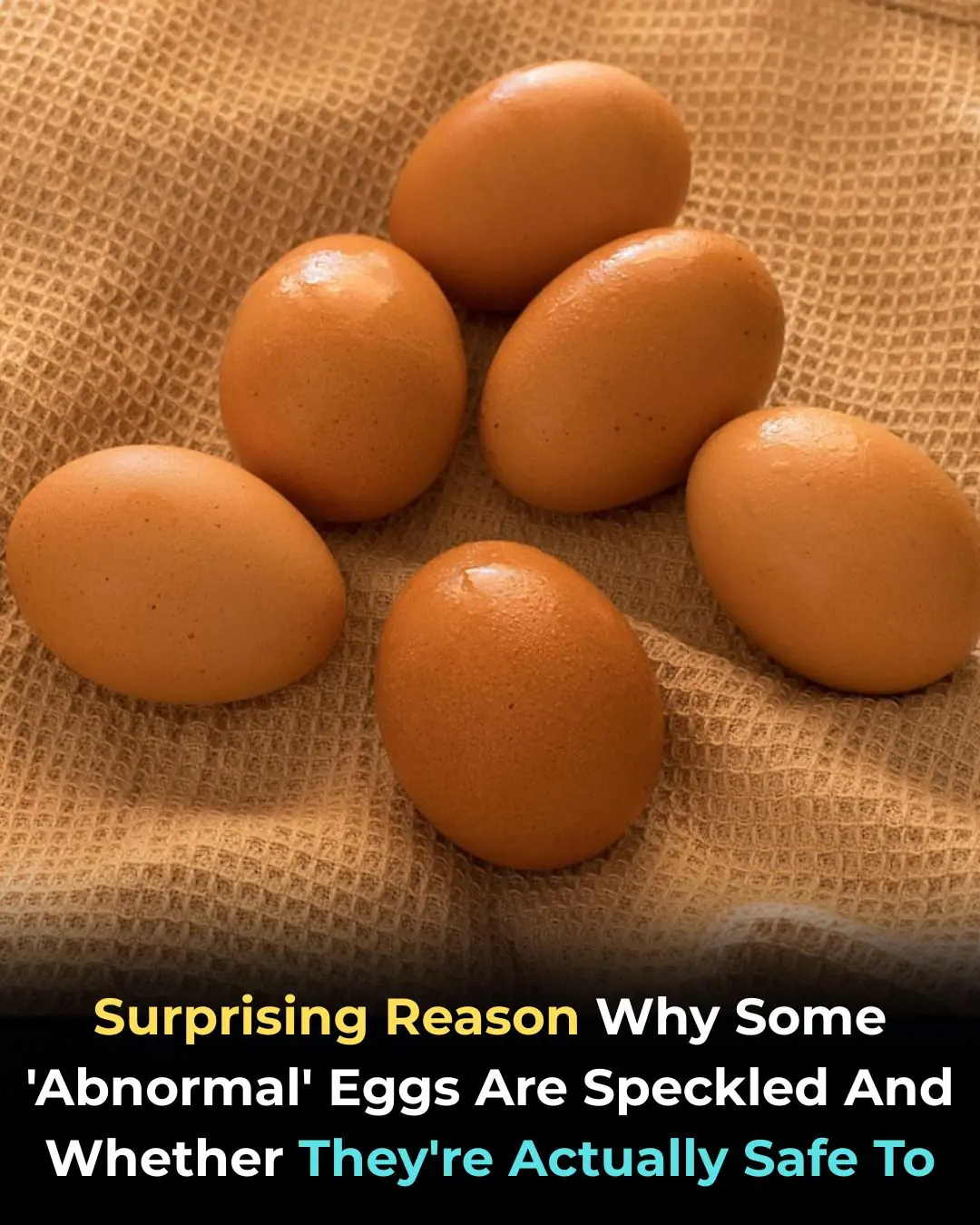
What happens when you start eating chia seeds every day

Chia seeds—tiny, versatile, and packed with nutrients—have quickly become a staple in modern kitchens. Despite their small size, these black seeds are loaded with essential fatty acids, minerals, fiber, and antioxidants that can meaningfully elevate your overall health when consumed consistently. As more people incorporate chia into smoothies, baked goods, and breakfast bowls, curiosity has grown about what truly happens when these seeds become a daily habit.
Praised for their impressive nutritional density, chia seeds offer a wide range of health benefits, from enhanced digestion to improved weight management due to their ability to keep you feeling full longer. Beyond that, numerous studies show that adding chia seeds to your diet can support heart health by delivering powerful omega-3 fatty acids—known for lowering dangerous triglycerides and promoting healthier cholesterol levels.
Research dating back to 2017 even indicates that chia seeds may outperform flaxseeds when it comes to stabilizing blood sugar. Their antioxidants help neutralize free radicals, reducing inflammation throughout the body and supporting long-term health.
Chia seeds also shine in areas like bone strength. Just one ounce provides 18% of your recommended daily calcium intake, making them an excellent option for individuals who avoid dairy. And if your wellness goals include cholesterol management or gradual weight loss, consuming 25–50 grams daily is often recommended.
Even better, chia seeds seamlessly blend into your diet—effortlessly disappearing into yogurt, smoothies, oatmeal, and baked goods without changing the flavor.
Below, we break down surprising and science-backed outcomes of eating chia seeds every day.
Key Takeaways: What Happens When You Eat Chia Seeds Daily
-
Nutrient-dense superfood: Chia seeds are rich in omega-3 fatty acids, fiber, calcium, magnesium, and phosphorus—significantly boosting your nutrient intake with even a small serving.
-
Aids digestion and weight control: Their high fiber content promotes regular bowel movements, supports gut health, reduces cravings, and enhances satiety.
-
Boosts heart wellness: Daily chia consumption may lower LDL (“bad”) cholesterol, raise HDL (“good”) cholesterol, and provide antioxidants that protect cells from oxidative damage.
-
Fights inflammation: Omega-3s and antioxidants in chia help manage chronic inflammation and reduce the risk of related diseases.
-
Strengthens bones: With more calcium per ounce than many dairy products, chia seeds contribute meaningfully to bone density and skeletal health.
-
Simple to use: Their neutral flavor makes chia seeds easy to mix into a wide variety of foods—no complicated recipes required.
Nutritional Profile: A Tiny Seed Packed With Power
Essential fatty acids, fiber, and minerals
Chia seeds are celebrated for their high content of alpha-linolenic acid (ALA)—a plant-based omega-3 fatty acid essential for brain and heart health. Each serving contains approximately 5 grams of ALA, making chia one of the richest vegan sources of omega-3s.
Their fat profile—about 8.7 grams per serving—consists mostly of heart-healthy fats known to reduce inflammation and support blood pressure regulation. Additionally, chia seeds pack an impressive 12 grams of fiber, combining both soluble and insoluble types. This fiber not only supports digestion but also helps regulate appetite.
Beyond fats and fiber, chia seeds are exceptionally rich in minerals:
-
Calcium: Supports bones and teeth
-
Magnesium: Aids energy production and neuromuscular function
-
Phosphorus: Essential for cell repair and metabolism
This diverse nutrient mix makes chia seeds one of the most well-rounded plant-based superfoods.
Health Benefits of Eating Chia Seeds Daily
8. Support for Digestive Health
With up to 10 grams of fiber per serving, chia seeds encourage regularity and promote a healthier gut environment. Their gel-forming fibers absorb liquid and expand, helping move food smoothly through the digestive tract. This can reduce constipation, promote better nutrient absorption, and help maintain stable blood sugar after meals.
7. Support for Weight Loss
Chia seeds can help reduce overeating by increasing feelings of fullness. Their high fiber content slows digestion, helping control appetite and reduce snacking. A 2014 study even showed modest weight loss among participants who consumed chia regularly. When included as part of a calorie-controlled diet, chia seeds can be a powerful ally for those seeking healthier weight management.
6. Improved Heart Health
Chia seeds are packed with ALA, which helps reduce arterial plaque, lower inflammation, and support healthy heart function. Some research also suggests that chia seeds may help lower blood pressure and decrease triglycerides. Antioxidants like quercetin further strengthen cardiovascular protection, while minerals like copper support healthy heart rhythm.
5. Cholesterol Management
Regular chia consumption can raise HDL cholesterol (the protective kind) while reducing LDL cholesterol and triglycerides. By supporting a better lipid balance, chia seeds help lower the risk of heart disease and stroke. Including just 25–50 grams per day can contribute to meaningful improvements in cholesterol levels.
4. Reduction of Free Radical Damage
Chia seeds contain potent antioxidants, including quercetin and caffeic acid, which neutralize free radicals and reduce oxidative stress. Limiting oxidative damage is crucial for slowing aging, protecting cells, and reducing the risk of chronic diseases such as cancer.
3. Anti-inflammatory Properties
The omega-3 fatty acids in chia seeds serve as natural anti-inflammatory agents. These compounds help reduce chronic inflammation associated with conditions like Crohn’s disease, arthritis, and ulcerative colitis. The combination of ALA and antioxidant phytonutrients makes chia an effective dietary tool for inflammation control.
2. Blood Sugar Stabilization
Chia seeds slow the conversion of carbohydrates into sugar, resulting in steadier blood glucose levels. This makes them particularly beneficial for individuals with prediabetes or type 2 diabetes. Their fiber improves insulin sensitivity and prevents post-meal blood sugar spikes—a crucial factor in long-term metabolic health.
1. Stronger Bone Health
Chia seeds offer an impressive amount of calcium, phosphorus, and magnesium, all of which are essential for maintaining bone density. With 18% of your daily calcium needs per ounce, chia seeds rival—and even surpass—many traditional dairy sources. This makes them ideal for those with lactose intolerance or dairy-free lifestyles.
How to Add Chia Seeds to Your Diet
Simple and versatile culinary uses
Chia seeds blend easily into countless recipes thanks to their mild flavor and adaptable texture. You can:
-
Mix them into smoothies or protein shakes
-
Add them to yogurt, oatmeal, or cereal
-
Use them to thicken soups, sauces, or puddings
-
Replace eggs in baking (1 tablespoon chia + 3 tablespoons water = 1 egg substitute)
-
Sprinkle them over salads or grain bowls
Their ability to absorb liquid makes them a perfect ingredient for meal prep, overnight oats, and healthy desserts.
Frequently Asked Questions
1. Can eating chia seeds daily affect digestion?
Yes. Because they are high in fiber, chia seeds may increase bowel movement frequency or cause digestive discomfort if consumed in excess or without enough water.
2. Are there health risks to eating chia seeds?
Chia seeds are generally safe, but overeating them can cause digestive issues or pose a choking risk if consumed dry. Individuals with allergies or those on certain medications should consult a healthcare provider.
3. Can chia seeds help with weight loss?
Yes. Chia increases satiety and can support weight loss when paired with a calorie-controlled diet.
4. How do chia seeds support heart health?
Their omega-3 fatty acids help maintain healthy HDL levels while lowering LDL cholesterol and triglycerides.
5. Do chia seeds benefit bone health?
Absolutely. Chia seeds contain high levels of calcium, magnesium, and zinc—all crucial for strong bones.
6. What about food sensitivities?
People with digestive conditions, food allergies, or sensitivities should introduce chia seeds gradually to monitor their body’s response.
News in the same category


High Blood Pressure Has a New Culprit

How to treat nerve pain in the foot, toes & legs

Unlocking the Power of Rosemary Tea: A Natural Elixir for Mind, Body, and Soul

Drinking Water the Right Way

Headache Above or Behind the Left Eye? Here’s What It Could Mean

Eat okra every day? Here’s what happens to your body!

6 fruits that help your body fight cancer cells naturally

Roll your feet daily—unlock rapid healing throughout your body!

1 teaspoon a day melts away fatty liver naturally

High Blood Pressure Has a New Culprit …And It’s Not Salt

Top 5 drinks to INSTANTLY improve leg circulation and blood flow

Doctor says this is the #1 supplement to take if you have arthritis

Why Your Legs Cramp At Night And How To Stop It From Happening

The Plant That Kills Cancer Cells, Stops Diabetes And Boosts Your Immune System!

How to treat nerve pain in the foot, toes & legs

Headache Above or Behind the Left Eye: Causes and Treatments

5 Deficiencies Almost Everyone Has (And Doesn’t Know About)

Eggs and Coffee: A Surprisingly Powerful Breakfast Combination
News Post

Revolutionary MRI Technology Offers Non-Invasive Tumour Treatment in Sydney

Recreating a Legacy: Ruben Flowers Joins His Father as Co-Pilot on Captain Flowers’ Final Southwest Airlines Flight

Wood vs. Diamonds: The Cosmic Rarity of Life's Fingerprint

Local Washington State Park Changes Name Meaning To Honor Rosa Franklin, The States First Black Woman Senator

THIS SEED: AFTER 50, IT STRENGTHENS BONES & CURES ALL PAINS

High Blood Pressure Has a New Culprit

Civil War Era Politician Robert Smalls Becomes First African American to Receive Monument in South Carolina

How to treat nerve pain in the foot, toes & legs

Dr. Patricia Bath Set To Make History As First Black Woman Inducted Into National Inventors Hall of Fame

Unlocking the Power of Rosemary Tea: A Natural Elixir for Mind, Body, and Soul

🌌 An Accidental Revolution: How the Search for Black Holes Led to the Invention of Wi-Fi

📈 The $5 Trillion Threshold: NVIDIA Becomes the World’s Most Valuable Company, Reshaping Global Economic Influence

Angela Davis to Keynote Largest Black Feminist Conference in the Nation

🐝 The Silent Threat: Research Links Cell Tower Radiation to Harmful Effects on Honey Bee Health

NYC-Based Events Company Is Creating Spaces to Empower Indy Black Artists Across the East Coast

Why Some Eggs Are Speckled

Drinking Water the Right Way

This is the correct way to preserve pork in the freezer: The meat will not dry out, and will still retain all its nutrients for a whole month.

Pour salt into the toilet, everyone calls you crazy but know its uses and do it at home right away
